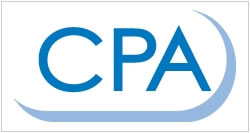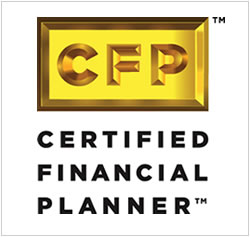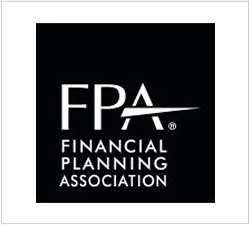Via The Intelligent Investor by Jason Zweig. View original post.

Image: Christophe Vorlet for the WSJ
The typical adviser charges absurdly high fees to manage your money, often with mediocre results—but next to nothing to provide financial-planning expertise, which can be hugely valuable.
According to survey data gathered from more than 7,000 advisers by Cerulli Associates, a financial-research firm in Boston, 79% of advisers’ compensation comes from asset-based fees—which may bear little relationship to the services the clients use.
Such charges, typically based on the size of a client’s investment portfolio, vary widely. You might pay as little as 0.25% annually or up to 2% or more. Advisers and analysts estimate that the typical investor likely pays a pinch less than 1%.
But these fees look increasingly bizarre nowadays: For less than 0.1% annually, you can build your own portfolio of exchange-traded funds covering every worthwhile investment in the world. And online “robo adviser” services will manage ETF portfolios for you for 0.25% or less.
Of course, many people require advice that extends well beyond baskets of stocks, bonds or funds: saving for college, managing debt, minimizing income and estate taxes, giving to charity, financing retirement.
That sort of advice can be priceless—yet, oddly, many financial advisers don’t charge separately for it. You pay indirectly, out of the fees you are charged for portfolio management.
Does that make sense? Your doctor doesn’t automatically take 1% of your financial assets for keeping you well. Your accountant doesn’t take 1% of your taxable income for preparing your tax return. Your lawyer doesn’t take 1% of your wealth for drafting your will. Instead, they charge fees that are tailored to specific services: medical treatments and procedures; tax preparation and advice; legal drafting or consulting.
You might wish your doctor or accountant or lawyer charged less. But at least they charge you for the services you use, rather than collecting a tax on your wealth.
In financial planning, by contrast, the cockamamie way fees are charged leads to massive confusion—and unfortunate conflicts.
Percentage fees are hard for investors to process intuitively, says Bert Whitehead, president of Cambridge Connection, a financial-advisory firm in Bloomfield Hills, Mich. Mr. Whitehead charges annual retainer fees rather than a percentage of assets.
One prospective client with $5 million, Mr. Whitehead says, recently said his existing adviser charges 1.5% a year. “Do you know what 1.5% of $5 million is?” Mr. Whitehead asked. “Oh, I don’t know,” he says the investor replied; “$7,000 or $8,000?” In fact, 1.5% of $5 million is $75,000.
Many financial advisers who charge asset-based fees say that minimizes conflicts of interest. They contend that commissions—the traditional payments to stockbrokers and insurance agents—provide an incentive to generate transactions regardless of whether they are in a client’s best interest.
But asset-based fees raise conflicts of their own, since your adviser’s income is directly proportional to the amount of your money that he manages.
Rolling over your 401(k) into an IRA when you leave a job or retire may be a good idea, but it also can raise tax complexities. In some cases, you might be better off leaving your 401(k) in your former employer’s plan. Because your adviser won’t earn any fees on those assets, he might urge a rollover instead.
A charitable-gift or donor-advised fund, which generates an immediate tax deduction while allowing donations to be parceled out over time, makes sense for many people. But contributions to such a fund don’t just reduce your taxes; they generally reduce the amount of money controlled by your adviser.
Or consider that many advisers even charge their annual fees on your cash balances. That means you could be paying 1% or more on money earning less than 0.1% annually. Furthermore, money-market funds are highly generic, making it practically impossible for an adviser to deserve a fee for picking a “better” fund.
Fortunately, some advisers are warming to the idea of fees-for-service. Kenton Shirk, an associate director at Cerulli, says a recent survey by his firm found that advisers, on average, expect 16% of their compensation over the next three years to come through retainers, hourly or annual fees, or fees for a financial plan, up from 14% now.
Fees for service “point to where the more important work is being done,” says Troy Thompson of Thompson Advisory Services in Portland, Ore., who charges a retainer.
Two membership groups, the Alliance of Comprehensive Planners and Garrett Planning Network, have several hundred advisers who charge hourly or annual fees.
Many financial advisers state in their Form ADV, a disclosure mandated by the Securities and Exchange Commission, that their fees are negotiable. So tell your adviser you want to pay much less for portfolio management—but are willing to pay more, a la carte, for the specific financial advice you need.
Only when your adviser transparently prices his services will you both know how valuable they are.
— Write to Jason Zweig at intelligentinvestor@wsj.com, and follow him on Twitter at @jasonzweigwsj.
 Padden Financial Planning
Padden Financial Planning





Connect